Johnny Warehouse (2000-2006) is a queer character that emerged as a reaction against and opposition to discrimination towards non-heterosexuals.
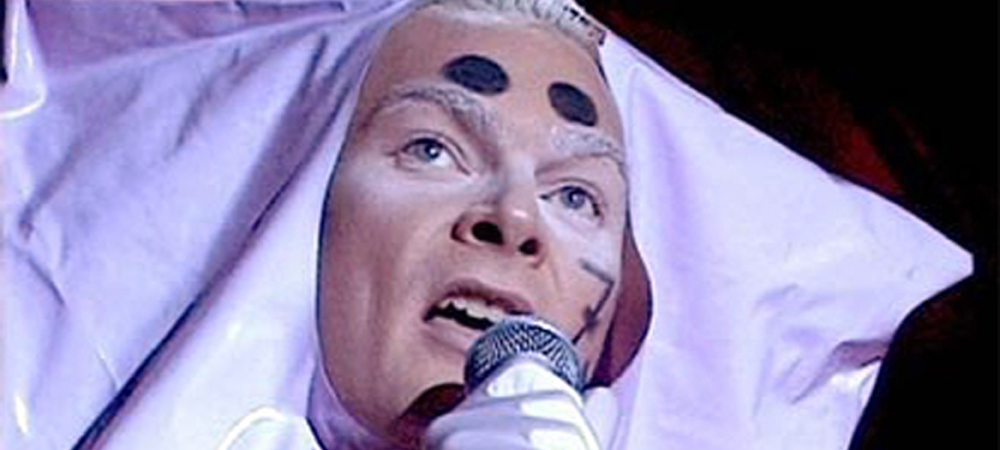
It was an investigation into issues regarding liberation from the recognition of the capitalistic heteronormative world. A world that would only recognise me as a queer person if I let them invest in their own stereotype image of me as promotion of themselves. I fell for that a few times and got paid to perform queerness on their conditions. In this way I let them own me and my opposition towards them was lost. I gave them back the power that I took from them in the first place.

In the gender political association dunst we dealt with that issue by taking their money, but creating an image so obscure that they wouldn’t use it as promotion – until they would. What started as an ideological fight for minorities became a fight for commercial and capitalistic power. The more obscure we became the more the capitalistic world found ways to use it in its name. We didn’t have much choice. We needed money to survive and the danish queer scene was not big enough to stand on its own.
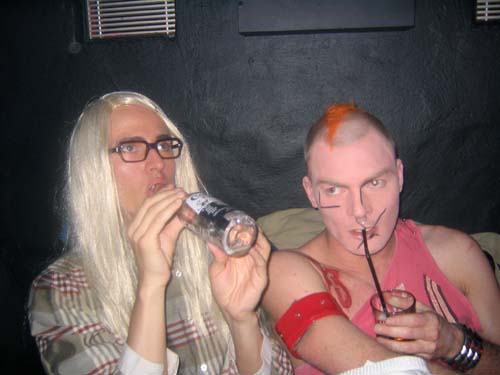
We looked towards the queer scene in the rest of Europe for allies. Here, the way to take care of ourselves was generally to get more political and more normative and thereby less free. This resulted in less room for the explorative and experimental queer, in my perspective. Identities became less fluid. Queer normativity emerged, as a necessity I guess. To feel safe. In this sense the queer scene lost meaning to me. It also lost meaning to me in the sense that I wanted to do more than just being in opposition and react against. I partially withdrew to explore the fluidity of relational identity in a wider sense than bodies.
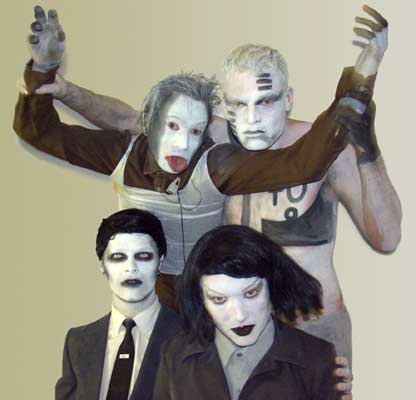
Choreographically it was an exploration of how body movements are affected by liberating themselves from one set of norms, the heteronormative, only to discover that they are taking part in building a new set of norms, the queer normative. In between the body feels more free.
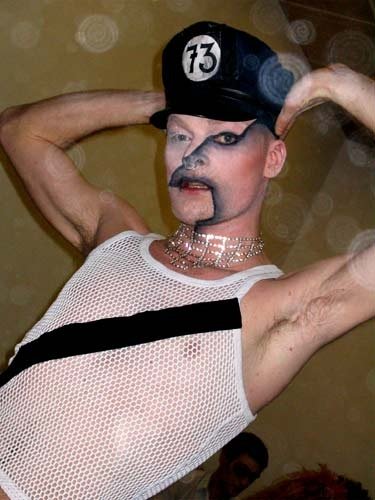
Johnny Warehouse performed in several shows around Europe as part of the queer scene. Among others he was part of dunst performance group.
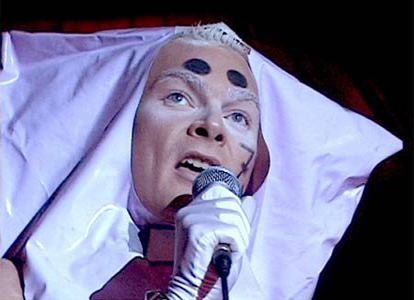
I have contributed with an article in Peripeti. It is an article discussing the significance of artistic experimentation in the gender political association dunst motivated by a rebelliousness that creates a dilemma of both rejecting and allowing heteronormativity to demonize the association itself. Read the article here
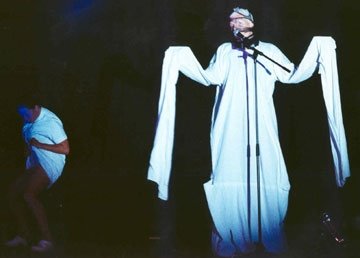
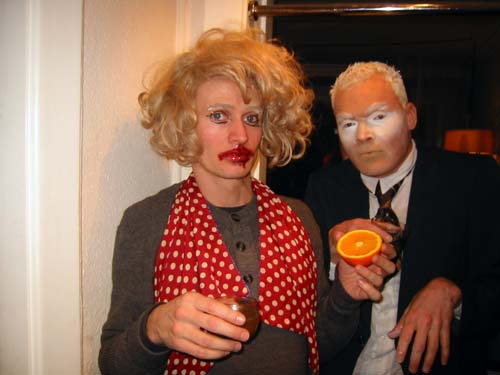
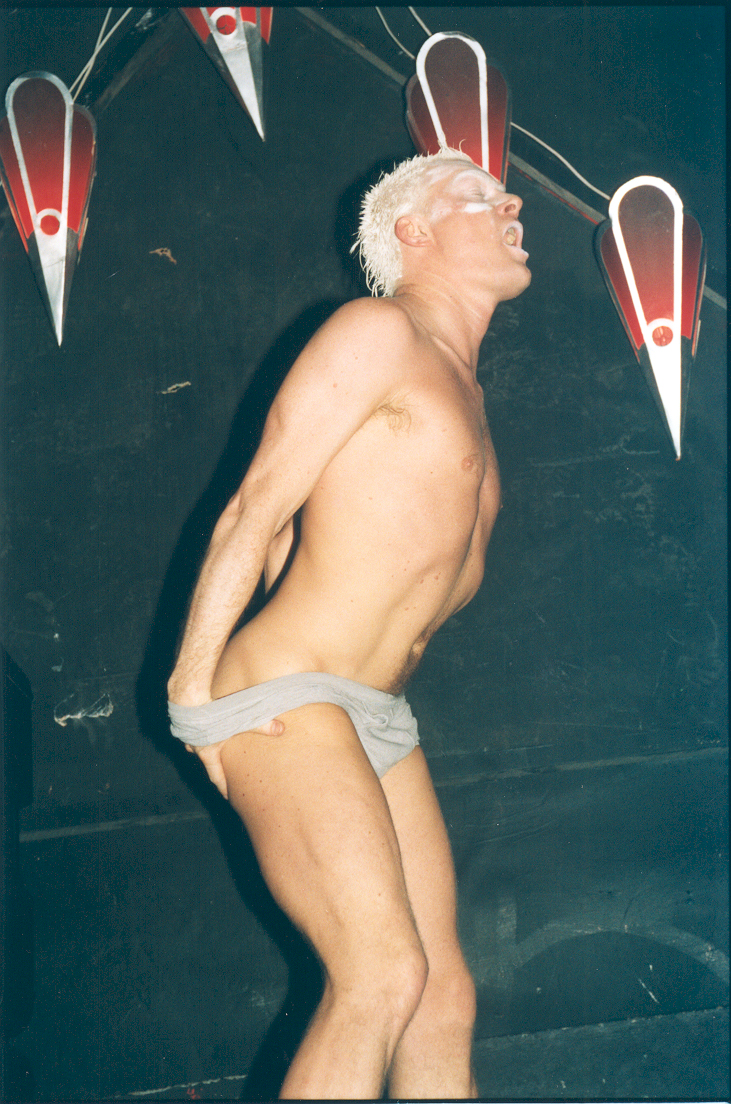
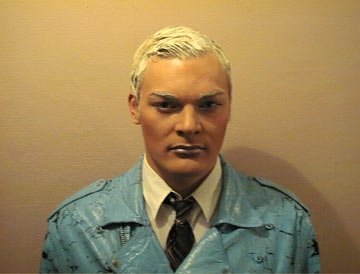
Below is a film from a dunst party made by Søde Carolina.
Supported by: Queeruption, dunst, Supamolly, Club Kinzo, Christiania, Danish Film Institute, Pakhuis Afrika, Den Grå Hal, Operaen, Copenhagen Pride, Ungdomshuset, Wig Stockholm, Eggers Landwehr, Pan Club, Rust, Culture Box, Nadsat, Bøssehuset, Karcelona, Tunga Musik, Elektrikal Records and Useless Salvation